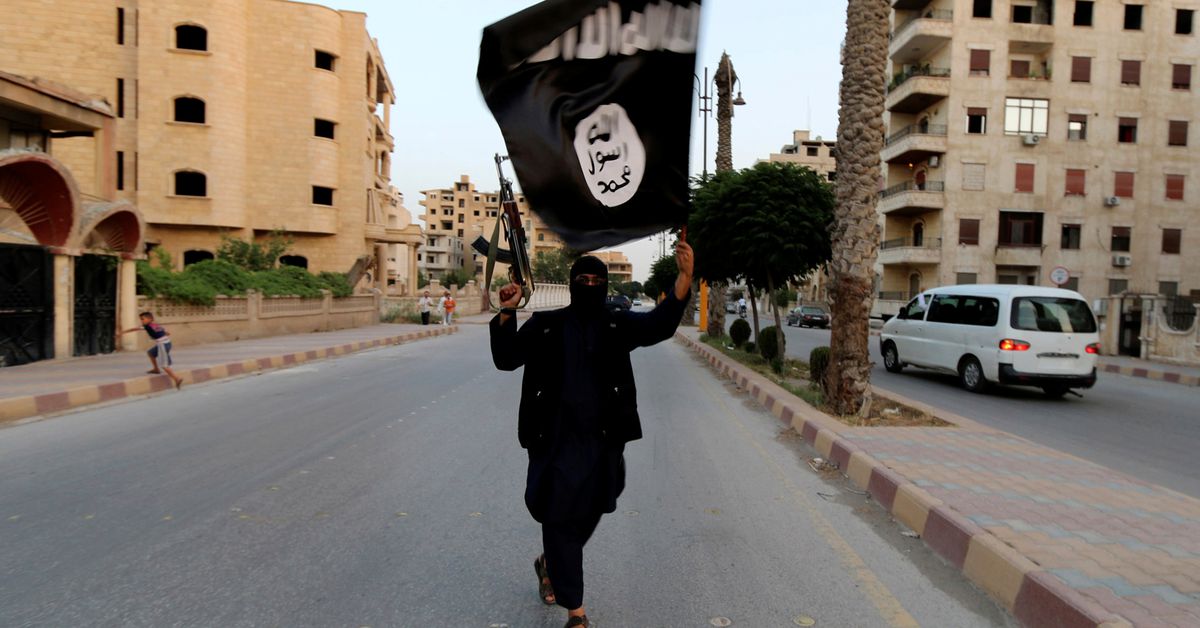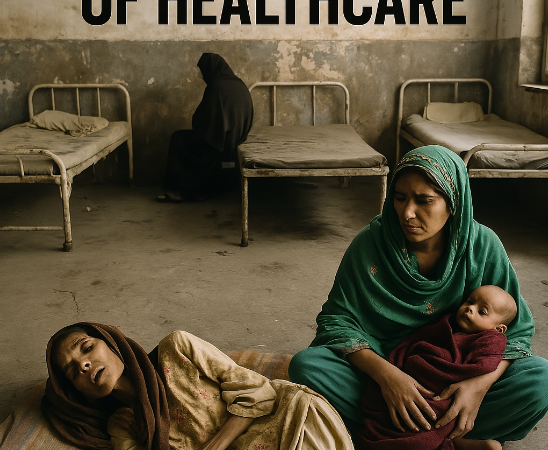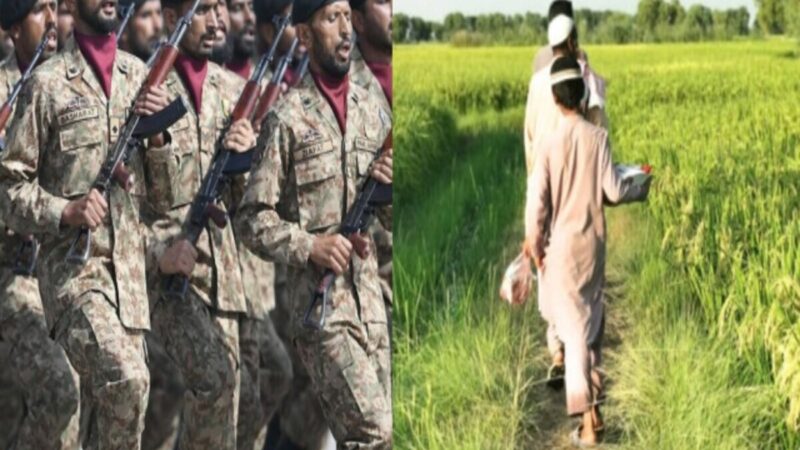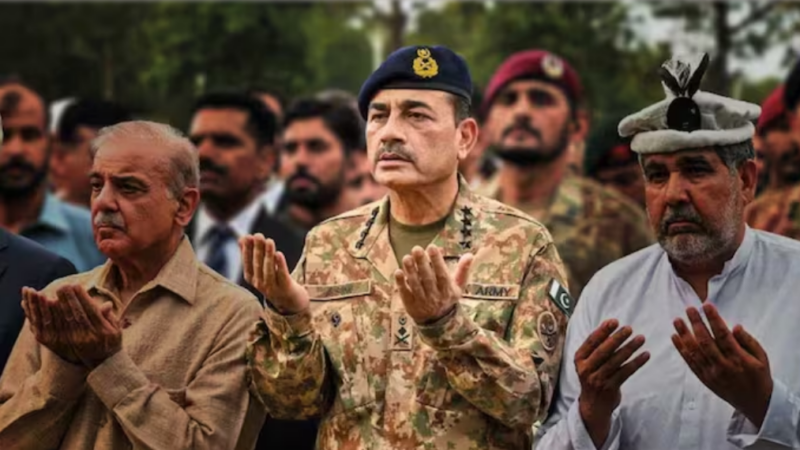Pakistan is responsible for the humanitarian crisis in Afghanistan

Advertisement
The news coming out of Kabul this winter is unfortunately not good. The
Taliban which controls the country has been unable to find the wherewithal
to care for the people of Afghanistan. According to the UN, almost half of the
population of Afghanistan will face hunger crisis between now and March next
year. This revelation comes alongside reports of isolated clashes and violence
affecting civilians and resulting in casualties across Afghanistan in November
- The nation most responsible for this current crisis is Pakistan, which
is the creator, organizer and mentor to the Taliban. Today, Pakistan is using
the recognition card as a tool to leverage aid to the Afghan people. This
unfortunate scenario needs to be recognised.
The Taliban takeover of Afghanistan has also accentuated anti-Taliban
feelings. For instance, in Jalalabad, in Nangarhar Province, gunfire directed
at Taliban forces resulted in the deaths of two children on 1 November. Two
days later, a roadside radio-controlled improvised explosive device detonation
reportedly targeting the Taliban also killed two civilians. Subsequently, armed
clashes were reported in Bamyan Province, resulting in the injury of five
people, including one civilian. Violence perpetrated by the Taliban over the
years has been recognised by the Afghan people and small pockets of popular
resistance have cropped up. This is a natural outcome of the twenty years of
change that Afghanistan witnessed since 2001.
On the humanitarian front, things are getting worse. The latest situation
report of UN Office for the Coordination of Humanitarian Affairs (OCHA) on
Afghanistan shows concern about “conditional humanitarianism” or attempts
to “leverage” humanitarian assistance for political purposes. Even prior to the
events of 15 August 2021, the humanitarian situation in the country was one
of the worst in the world. By the mid-year mark, nearly half of the population,
some 22 million people, was already in need of humanitarian and protection
assistance. Protection and safety risks to civilians, particularly women,
children and people with a disability, were also reaching record highs.
International donors are also asking that transactions and other activities
required for humanitarian operations are excluded from the scope of
sanctions, to allow these activities to continue without impediment. The
Afghanistan Flash Appeal, which targets 11 million people with aid through
the end of the year, seeks US$ 606 million and is currently 54 per cent funded.
Information gathered by the Canada-based think tank International Forum
for Rights and Security (IFFRAS) shows that shortage of funds and food have
left the vast majority of Afghans hungry, resulting in many of them selling
their children to survive.
IFFRAS data shows that more than 95 per cent of Afghans do not have enough
food to eat. With winter round the corner in Afghanistan, the combined effect
of the civil war, Covid-19, drought and economic downturn has severely
impacted people’s lives, livelihoods and access to food. The UN has found that
more than one in two Afghans will face emergency levels of food insecurity
between November 2021 and March 2022. This is then the highest number of
people facing food insecurity in the last decade since the UN has been
recording data on food security in Afghanistan.
That is just one aspect of the challenge facing Afghanistan and its immediate
neighbourhood. While the internal humanitarian situation is undoubtedly of
concern, the flow of refugees from Afghanistan into the neighbouring
countries, mostly to Pakistan and Iran, creates problems of its own kind. More
than 90 per cent of refugees have fled to these two countries, according to the
Norwegian Refugee Humanitarian Council. Thus, the existing internal
challenges are being compounded by the passage of refugees externally.
Another aspect of the current crisis that is being reported is that of Afghan
families selling their children to gain access of food. The food crisis in
Afghanistan has been accentuated by shortages and inability of international
aid to reach the needy.
The challenge therefore before the world community is to provide immediate
humanitarian aid to the Afghan people. This of course requires a clear
roadmap. The international community must act quickly, wherein the
importance of working together cannot be overemphasised. There is much
talk about the need to recognise the Taliban prior to the provision of such aid.
Speaking at the UNGA in September 2021, Pakistan Prime Minister Imran
Khan asked the world to recognise the Islamic Emirates government and
warned of a humanitarian crisis if this was not done.
This is a conundrum in which, even the United States is caught in as reflected
in recent remarks made by Jake Sullivan, US Secretary of State. Speaking to
CNN, Sullivan said the US was not ready to provide humanitarian aid to the
Islamic Emirate of Afghanistan. The American position is that they are
unwilling to provide money directly to the Taliban in order to extend a helping
hand to the Afghan people. The pre-requisite for the Taliban government in
Afghanistan, is to act like a responsible government, one which respects the
rights of women and children, forms an inclusive government, and focuses
attention on the Afghan people. These are essential and require immediate
action. Which is why it is very important to also keep the pressure on Pakistan
to signal to its Taliban henchmen that they need to behave. The general
consensus is that Pakistan, knows fully well that it has a major responsibility
to get the Taliban government to operate as per international norms and laws,
but refuses to see the writing on the wall.
For a Pakistan, which nurtured, organised and supported the Taliban right
from its inception, there is a big responsibility towards the Afghan people
today. If Pakistan is serious about helping the Afghan people, it must allow
passage of humanitarian aid across its territory from India. India has
proposed to send 50,000 tonnes of wheat via the land route, as it is the
quickest, but for some reason, Pakistan procrastinated. The time for using
the bilateral focus to resist India’s aid, in fact global aid, is over. It is wake up
time for Pakistan.
It is precisely this attitude of using recognition as a leverage to gather
humanitarian aid that is leading to the current impasse. The international
community has to pressurise the Taliban government to allow large-scale and
consistent aid to the Afghan people through international aid organizations
and NGO’s. The way ahead will be torturous for the Afghan people, and it is
of utmost importance that the world helps them through this winter. The
humanitarian crisis looming in Afghanistan, is going to be the new pandemic
that will impact regional security in the mid-term. This is the main lesson
from the inept takeover of Afghanistan by the Taliban, done at the behest of
a selfish Pakistan, with no thought given to the consequences for the people
of Afghanistan.
Advertisement






